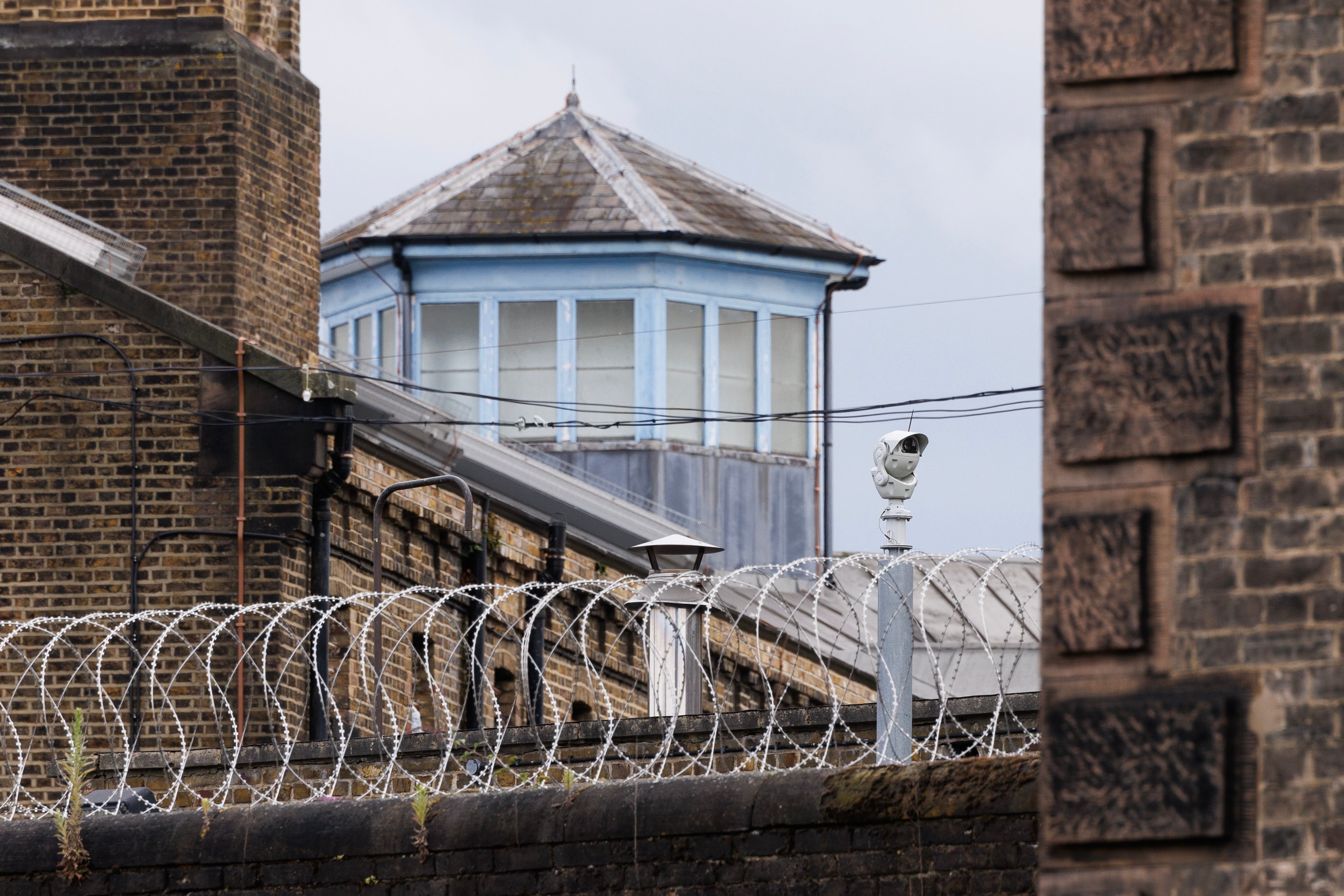
Thousands of prisoners should be moved to open prisons to tackle overcrowding and help prepare inmates for release, a former justice secretary has said.
David Gauke, who has been commissioned by the government to lead a review of sentencing policy, believes the move would save money and help reduce reoffending.
Urging ministers to look to Spain where one in four prisoners are allowed to leave prison walls during the day, he said: “We don’t make as much use of open prisons as we might do.”
Britain houses 5,143 out of 86,000 prisoners in category D jails, which have lower security and allow prisoners to spend days outside of prison on licence to work or complete education.
He told The Times: “You might spend part of your day out of a prison working and then return to sleep at night – if that gets you into the rhythm of working and the disciplines of working then that is helpful.

“You can start to rebuild family relationships. We know that what tends to drive rehabilitation is work, family relationships and a home.”
Category D jails are most frequently used in Britain for non-violent offenders but are also used for those nearing the end of longer jail terms for serious crimes.
Even if the Parole Board recommends a prisoner for transfer to open conditions, the secretary of state for justice is free to reject or accept their advice.
Housing an offender in open prison costs an average of £27,348 a year, according to Ministry of Justice figures, a significant saving compared to £51,108 a year to keep them in a secure prison.
However, any significant increase in their use in Britain would require investment because there are only 1,000 spare spaces in the open estate.

Mr Gauke’s intervention comes after he visited three jails in Spain this month, where the prison population has declined by more than a fifth in 10 years following measures including greater use of open prisons, community sentences and house arrest.
His sentencing review, which is due to be published in the spring, is expected to recommend increased use of all these measures and to explore greater use of technology, such as electronic tagging.
The government announced the review in October after it released thousands of inmates, including some who had served 40 per cent of their sentence, under emergency measures to ease overcrowding.
Mr Gauke, who previously served as justice secretary under Theresa May, said: “There is clearly an opportunity here. We’re at the beginning of a parliamentary term, with the government with a large majority.
“We have run out of space. I think there is an increasing recognition that we have gone down the route of increasing sentences to an extent that it’s doing nothing to reduce crime but it is causing significant costs.
“Other countries have had large prison populations and brought them down. What I hope to do with this review is set out practical proposals, but also this is an opportunity to reset the debate. This is not about being soft on crime, it is about more effectively reducing crime.”
He added: “I’m sure we’re not going to please everybody with those recommendations.”

Announcing the review in October, justice secretary Shabana Mahmood said the government inherited a prison system “within days of collapse”.
“This review, along with our prison building programme, will ensure we never again have more prisoners than prison spaces,” she added.
“I believe in punishment. I believe in prison, but I also believe that we must increase the range of punishments we use. And that those prisoners who earn the right to turn their lives around should be encouraged to do so.
“The sentencing review will make sure prison and punishment work, and that there is always a cell waiting for dangerous offenders.”
The government has committed to spending £2.1bn on building prisons in the next two years, with a target of adding 14,000 spaces by 2031.







